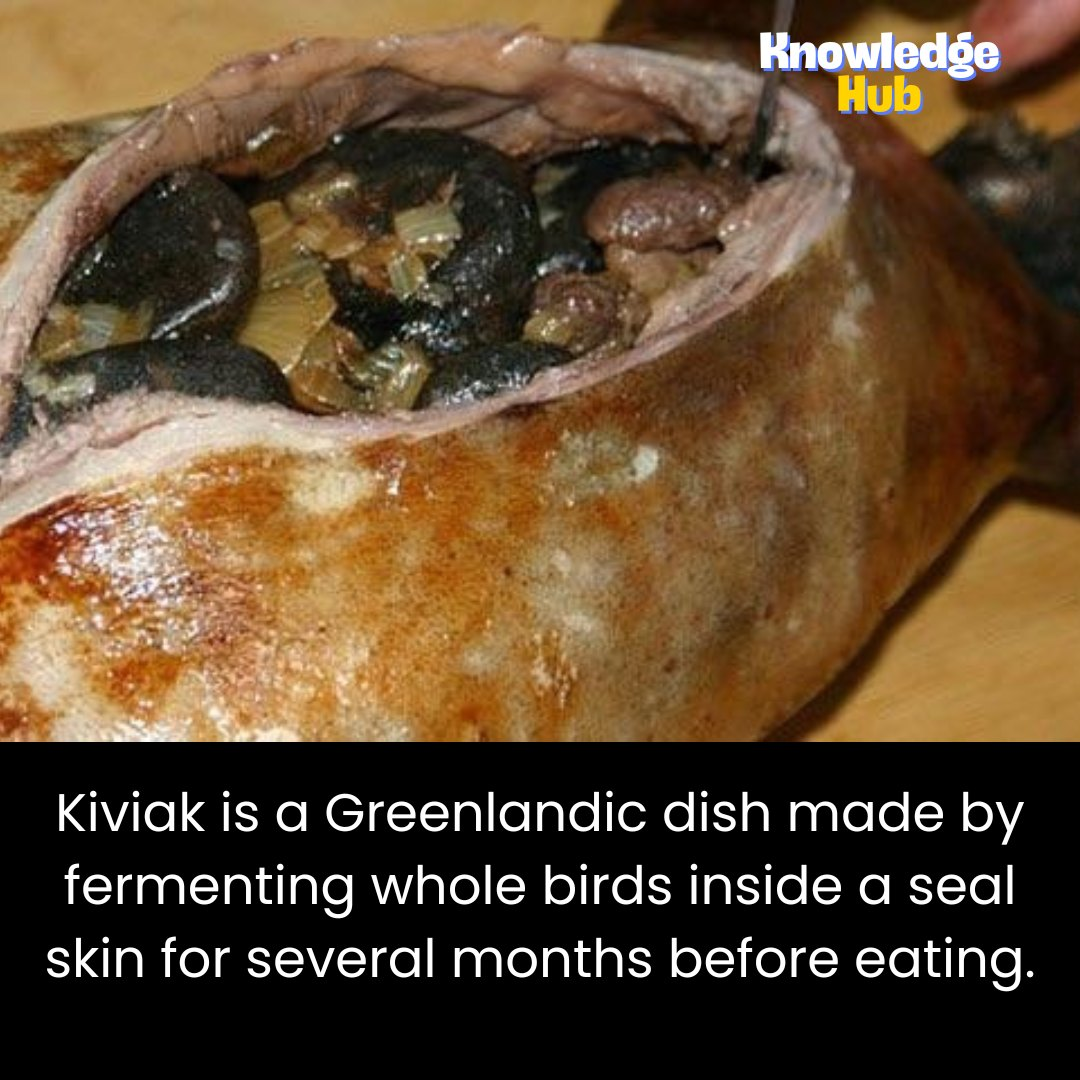Mildly interesting
-
@George-K that is awesome!!
-
@jon-nyc said in Mildly interesting:
It is fun to watch. I love how all the couples are dressed like grown ups.
Yup. We've talked about this before. As Mark Twain said, "Clothes make the man. Naked people have little or no influence on society."
Extending that thought - if you're dressed like a slob, people will treat you like a slob. Look at any photos regarding air or train travel from the 1950s and even up to the 1970s. It was different. Now they have to tell you not to take your shoes off and clip your toenails on an airplane.
-
(Maybe obvious, but it wasn't to me. LOL)
Every place on earth (assuming cloudless days and line of site (no mountains, etc.)) get the same hours of sunlight over the course of the year.
-
(Maybe obvious, but it wasn't to me. LOL)
Every place on earth (assuming cloudless days and line of site (no mountains, etc.)) get the same hours of sunlight over the course of the year.
@taiwan_girl said in Mildly interesting:
(Maybe obvious, but it wasn't to me. LOL)
Every place on earth (assuming cloudless days and line of site (no mountains, etc.)) get the same hours of sunlight over the course of the year.
Interesting, and not necessarily obvious.
-
I thought so, too. I’ve always wondered about the “filmed live before a studio audience” sitcoms about how much the cameras and crew interfere with the visibility. Anybody here ever sit in one of those audiences?
-
The balls...
The Ardblair Stones is a strength feat, where nine reinforced concrete lifting stones of ascending weight are used.[1][2] The 9 stones weigh 18 kg (40 lb), 32 kg (71 lb), 41 kg (90 lb), 50 kg (110 lb), 75 kg (165 lb), 107 kg (236 lb), 118 kg (260 lb), 135 kg (298 lb) and 152 kg (335 lb) respectively.[3] The goal of the competition is to lift each stone sequentially from smallest to largest and place them on top of 4 ft 4 in (52 in) whiskey barrels as quickly as possible. The stones are named for Ardblair Castle located in Blairgowrie, Perthshire in Scotland, close to where they originated.
-
Kiviak is a traditional Greenlandic dish that involves a unique and intense method of fermentation. To prepare kiviak, whole birds, typically auks, are placed inside a seal skin, which is then sewn shut and left to ferment for several months. The birds undergo fermentation in the seal skin, a process that transforms their flavor and texture, making them safe to eat.
After the fermentation period, the dish is ready to be consumed, often as part of a special feast or celebration. The fermented birds are eaten raw, and the taste is described as strong and pungent, reflecting the bold culinary traditions of Greenland. Kiviak highlights the resourcefulness of indigenous cultures, utilizing local resources in ways that preserve food during the harsh Arctic winters. It’s a dish that may seem unusual to many, but for those in Greenland, it is a valued part of their heritage.

